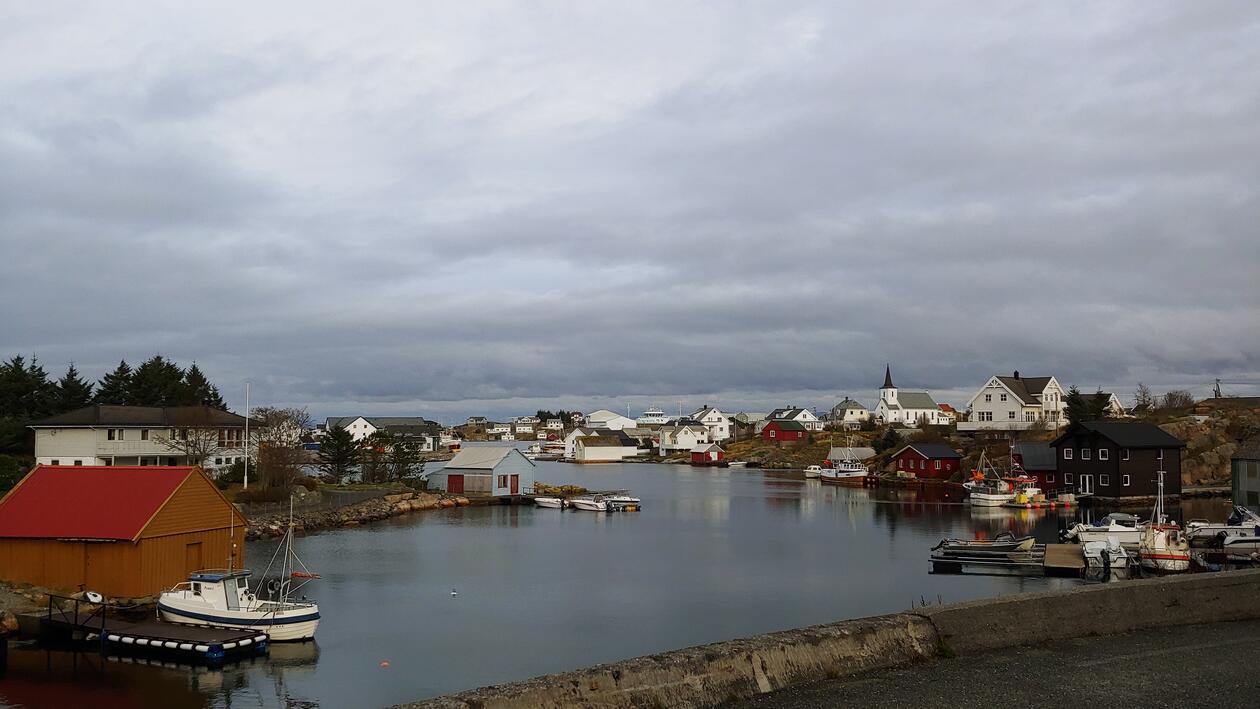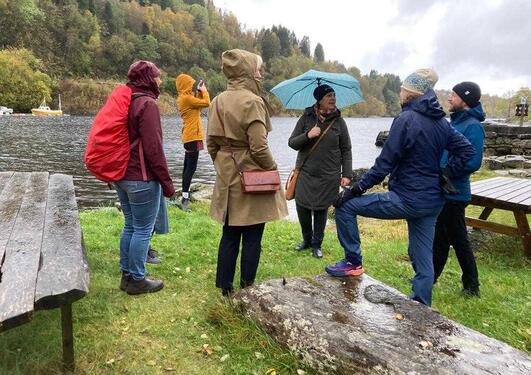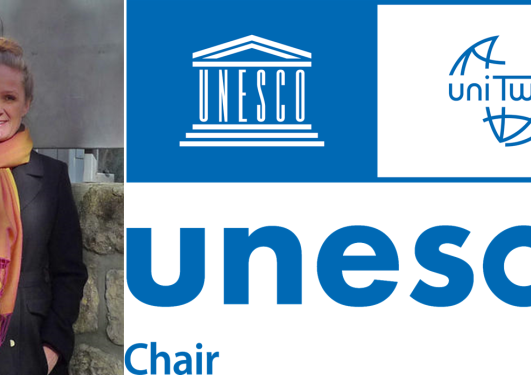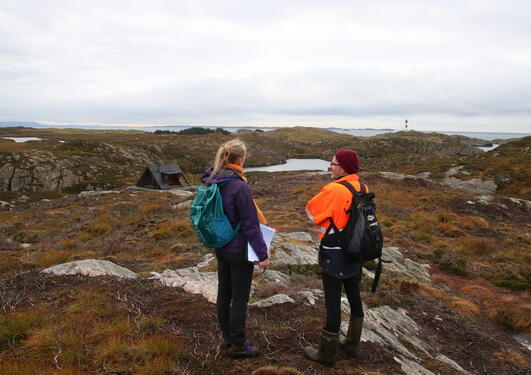ACTIONABLE - Adaptive Co-management to Enhance Biocultural Diversity and Sustainable Development in Coastal Communities
This project is funded by the Research Council of Norway under the theme "Areas under pressure", and aims to translate the big global sustainability and biodiversity agendas and policies to local and regional coastal and marine realities. ACTIONABLE runs from September 2023-2027, and is led by Alicia Donellan Barraclough with support from the UNESCO Chair on Sustainable Heritage and Environmental Management, and Center for Sustainable Area Management (CeSAM).

Main content
Project description
ACTIONABLE is a project that aims to translate global sustainability imperatives and policies to local and regional coastal and marine realities through a transdisciplinary approach that facilitates exchange and learning between local and global institutions and stakeholders. The project will consider the changing social and ecological outlook of biocultural diversity and ecosystem services in three coastal regions in Norway, addressing the role of collaborative platforms and bridging institutions as pathways to localize Agenda 2030. ACTIONABLE’s partners work together to understand adaptive co-management of coast and sea as enabled by round table institutions and sustainability designations in the coastal and marine areas of Nordhordland UNESCO Biosphere, Lofoten UNESCO Biosphere Candidate and Sápmi Finnmark.
ACTIONABLE will help advance current understanding of adaptive co-management effectiveness to achieve regenerative and fair development, investigating its potential to manage ecosystem service and biodiversity trade-offs triggered by different coastal and marine area uses, navigating disparate stakeholder interests and values. ACTIONABLE will address these issues from a social-ecological perspective, through a biocultural approach that considers the complex relationships between coastal biological and cultural diversity.
The project will take an explicitly transdisciplinary approach with societal impact as a core pillar and vision. This means it will co-produce knowledge to generate policy-relevant and solution-oriented research that helps identify place-based approaches to coastal sustainability challenges, which are sensitive to local cultural narratives, biocultural perspectives and biodiversity. Co-developing a monitoring and evaluation framework ACTIONABLE will inform sustainable management practices that support coastal identities and biodiversity. This way, ACTIONABLE will encourage resilient ecosystem service management by drawing on Indigenous and local knowledge to disentangle complex social-ecological problems.
Work packages
WP 1
The role of sustainability designations in helping to build platforms for collaboration
This WP aims to encourage consultation processes (through meetings, workshops, etc.), to understand if there is interest for working towards a Biosphere Reserve designation (or another similar sustainability label). We want to understand what people’s visions for more economically, socially and environmentally sustainable territories are, and if a designation could help them with this. We also want to understand what their motivations, opinions, fears, hopes, etc., are for such a label. Lastly, we also want to see if these kind of consultation processes can help build trust and collaborations between different actors.
WP 2
From idea to practice: measuring and reporting success in Biosphere Reserves and similar collaborative platforms
The aim of this WP is to understand what success in a Biosphere Reserve is, what it could look like and how we can track the diverse goals of a BR. Eventually an aim would be to develop a way to report progress or performance (e.g., developing a reporting system). We will do this in collaboration with our partners, for example learning from Clayoquot Biosphere Reserve project “Vital Signs”, which links Biosphere Reserve performance with SDG indicators, as well as in consultation with all relevant actors. Because of the nature of the NFR call, we could have a special emphasis on coastal related issues.
WP 3
Understanding and managing the many different uses and values of nature along the coast
This WP aims to understand conflict between different uses and values of specific areas along the coast (e.g., conflict or tensions between tourism and other local industries because of same land being used to different purposes, industries and values). The specific areas and cases we look at can be decided together in the start-up meetings, and then we can plan the exact approach depending on the situation. But some suggested later steps would be to do doing participatory mapping exercises with the public, where they tell us how they value an area – this can help create hotspot maps of tensions and difficulties. Later, we could hold workshops to discuss and imagine potential solutions for places with high conflict with relevant actors.
WP 4
Integrating management of ecosystem services and biocultural values across the terrestrial, coastal and marine nexus
WP4 uses a mixed-methods approach to outline the relationships between stakeholder groups and biocultural values and ES interests across the interconnected marine and terrestrial system. WP4 will develop simple tools to understand social-ecological fit, and mismatches between stakeholder interests and current governance priorities for ES across the different study systems, and the teleconnections which connect decisions with consequences that cross the terrestrial to marine boundary. It will also look at the special zonation of Nordhordland BR to understand if this is at all helpful for connecting management in the different zones.
WP 5
Arenas for exchange: diversifying communication to enhance collaboration and action
This WP focuses on creating avenues for exploring communication, learning and exchange between our project and broader society. This WP will engage with a diversity of local, regional, and national actors including local planners, municipalities, organizations, artists, and communicators to help diversify involvement in ACTIONABLE, for example through art-science collaborations as avenues to explore the potential of creative cross-sectoral collaborative spaces.



